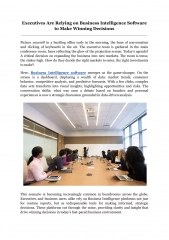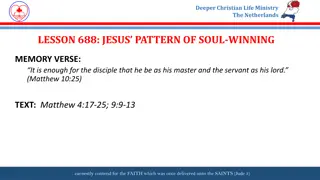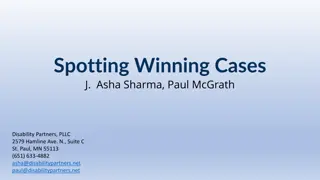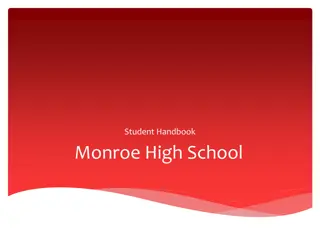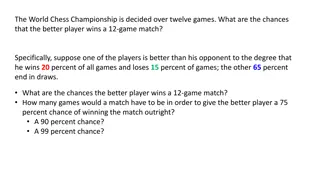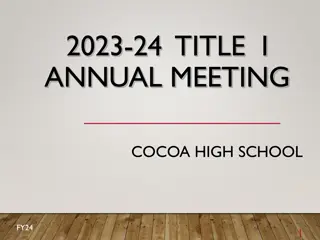Winning Strategies and Techniques for High School Pitchers
Explore the pitching strategies, mechanics, philosophy, and defense used by Geneva High School to enhance performance on the mound. From individualized approaches for pitchers to the importance of first-pitch strikes and pitch variety, this comprehensive guide covers it all, including insights from top pitchers in the game.
Download Presentation

Please find below an Image/Link to download the presentation.
The content on the website is provided AS IS for your information and personal use only. It may not be sold, licensed, or shared on other websites without obtaining consent from the author.If you encounter any issues during the download, it is possible that the publisher has removed the file from their server.
You are allowed to download the files provided on this website for personal or commercial use, subject to the condition that they are used lawfully. All files are the property of their respective owners.
The content on the website is provided AS IS for your information and personal use only. It may not be sold, licensed, or shared on other websites without obtaining consent from the author.
E N D
Presentation Transcript
Geneva High School Pitching Strategies, Mechanics, Philosophy and Defense
Philosophy All pitchers are different treat them that way 1stpitch strike Keep hitters guessing (3-1 cb example) Use both sides of the plate Work up and down Pitches to teach young pitchers (change!!) Location and movement Pitch count vs. stressful pitch count Trust your catcher he will be honest with you
Pitchers that throw over 100 mph Aroldis Chapman Bobby Parnell Matt Lindstrom Seth McClurg Rafael Soriano 105 mph 103 mph 102 mph 101 mph 100 mph
Top pitchers with late movement Mariano Rivera Tim Lincecum Josh Beckett Brad Lidge Cliff Lee Cutter Change Curve Slider "I could probably throw harder if I wanted, but why? When they're in a jam, a lot of pitchers...try to throw harder. Me, I try to locate better. - Greg Maddux
Importance of 1stpitch strike According to statistics, throwing a first pitch strike save 12,000 runs in MLB last season. Accord to statistics, pitchers that throw first pitch strike can expect an ERA of around 3.50. Pitchers that did not had an ERA of around 5.50. The same statistics show that less than 8% of first pitch strikes result in a base hit. http://assets.sbnation.com/assets/289359/First_ Pitch_Strikes.jpg
What pitches to teach? "The changeup is the almighty equalizer. If you don't have velocity to beat guys, how do you make your fastball better? By being more effectively slow." -- Rangers pitching coach Mike Maddux A good changeup is the hardest pitch to hit . Corey Hart Milwaukee Brewers
Should I teach a curveball? Conflicting studies Know your pitchers mechanics, strength, etc. Once they learn, all they want to do is throw it major abuse Teach cut fastball if they show signs of being ready. Maybe football curve Changeup preferred must play catch with it
Mechanics http://www.youtube.com/watch?v=nTXNg2C1 TaM Front shoulder closed and to the plate Stay back!! Finish your delivery
Common Mistakes Fly open Short arm Overthrow Lack of balance Over stride/Under stride Repeating/not repeating the same mechanics
Fixing The Mistakes Develop arm strength When talking to pitchers, fix one thing at a time system overload DO NOT give up on pitchers. One bad outing does not make a career.
Holding Runners Effective part of pitching success Vary looks Control tempo Holding runners vs. pickoffs Know situation (Oswego Regional bad pick)
Fielding Bunts Your ball until called off Plant right foot beyond the ball (3rdbase)
Covering 1st Automatic ball hit to your left Arc to get up the base line Hit base with right foot Know situation next play http://www.youtube.com/watch?v=2DWTl4yV txk How not to do it!
Backing Up Bases Do not be a spectator Do not dwell on the fact that they hit the ball Leave room between base and foul territory Know situation 1 vs. 2 bases ahead
Come-backer/Start DP Field the ball first Make sure of one out Communicate with Mid-INF before hitter Throw at base Drive the ball to the base If unsure, go to first
Contact Info Matt Hahn Head Baseball Coach (630) 463-3943 mhahn@geneva304.org Open invitation to any game and/or outdoor practice.


